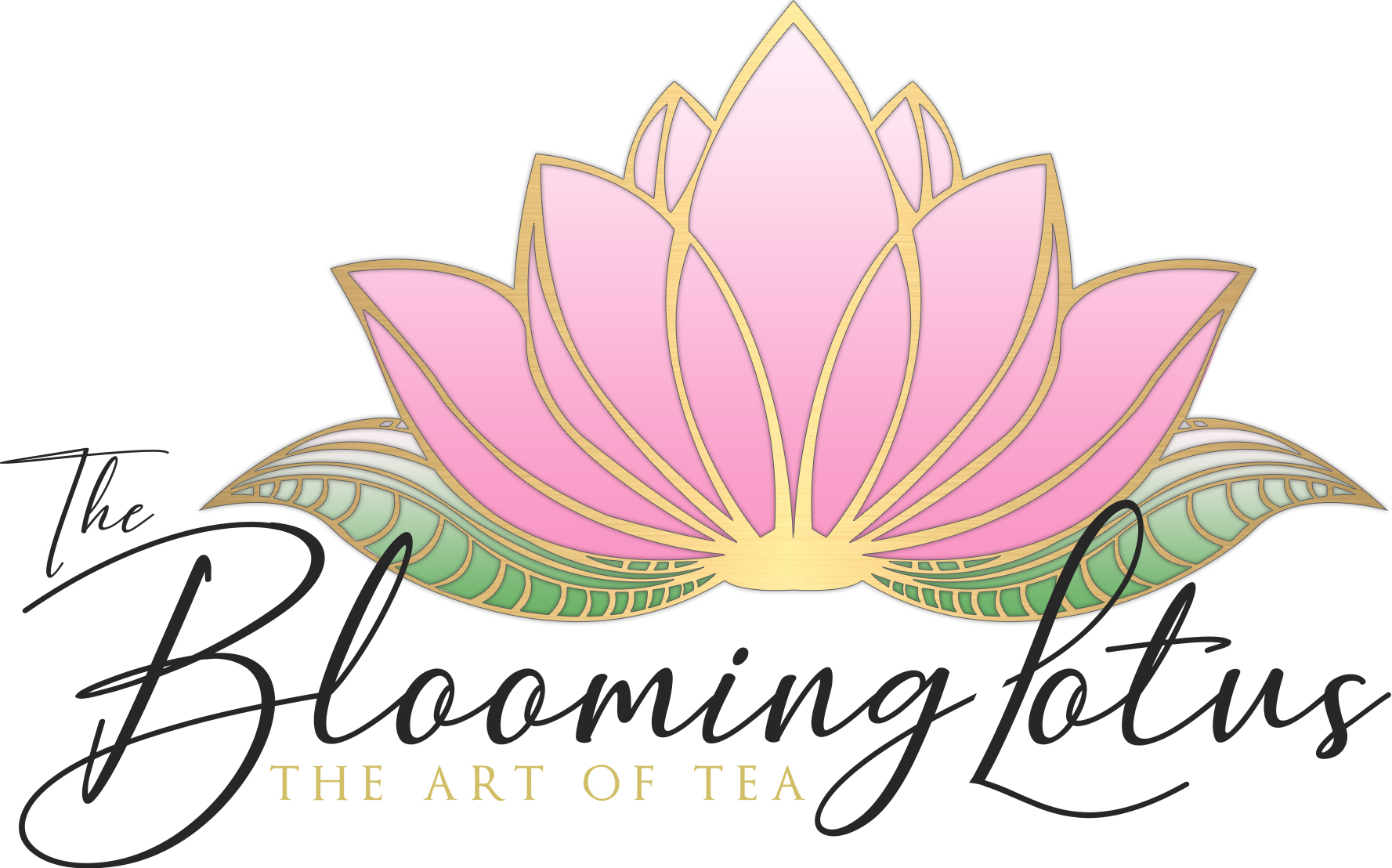Eating Tea Leaves and Health
Are you a tea aficionado? Can’t get through the day without your daily brew? You already know that tea is a great-tasting and relaxing beverage with numerous health benefits. Do you ever hear about eating tea leaves rather than steeping them into the water? Tea leaves….seems like harmless childhood dares, am I right?

Apart from drinking water, tea is amongst the most enjoyed beverages around the world. As a child, if you had a sore throat, Doctor Grandma would probably prescribe one of two things: gargling salt water or hot tea with honey. In short, it’s a tangy way of drinking your favorite beverage each day.
Moreover, it’s an excuse to get together with a friend. Let’s enjoy a terrific holiday along with your passion for tea! Either its summer or winter, it’s the most demanding tasty beverage as it can be served iced or hot.
Eating Green Tea Leaves
Most tea leaves are edible either too bitter or unpleasant in taste. Wondering if it’s safe to eat green tea leaves. The answer to that query is yes!

Eating tea leaves is good for your health as it provides enough antioxidants to your body, sounds great. Here is a point. Does drinking tea provide the exact amount of antioxidants as solid tea leaves?
Well, brewed tea provides flavonoids that are beneficial to one’s health. However, the solid leaves contain an incredibly higher amount of antioxidants than brewed tea leaves.
Consuming Green Tea Leaves
There are various options available. You can ingest tea leaves by putting them in capsules or tablets, or adding powdered green tea known as matcha to beverages or other pick-me-ups.

In fact, you may not realize that you are already consuming tea leaves without brewing if you enjoy drinking matcha. This is because matcha is a powder made from finely pulverized green tea leaves.
Risks Associated With Eating Green Tea Leaves?
There are very few risks associated with eating green tea leaves, but the main risk is excess consumption of caffeine.
Tea leaves contain slightly more caffeine than brewed tea, and it is easier to consume more of it in a shorter amount of time.
As always, you should read nutrition labels for serving sizes and caffeine content. Side effects of caffeine may include difficulty in sleeping, dizziness, nausea and vomiting, diarrhea, headache, and irritability.

Don’t Overdo It
Despite the healthiness of tea, too much caffeine can make you anxious or irritable and make it hard to sleep. It can also affect the calcium level in bones, which can lead to bone fractures.
Precautions and Warnings
Consult your doctor before consuming tea leaves in solid form. Avoid tea leaves if you’re pregnant or breastfeeding, or if you have high blood pressure, kidney or liver issues, or anxiety.
There are various side effects of consuming too much caffeine. If you drink tea or other caffeinated beverages, make sure you do not consume more than 300 milligrams per day (1Tbsp Matcha=50 milligrams of caffeine).
Thanks for reading, if you love this post too, do share it on social media. Don’t forget to check out our amazing signature blooming teas collection.

